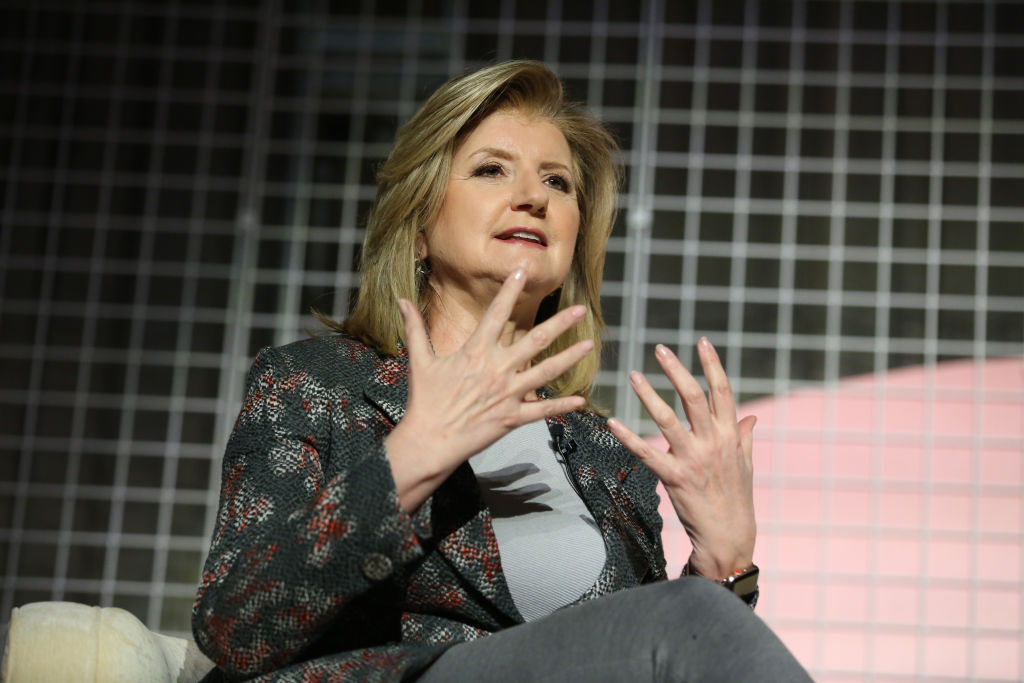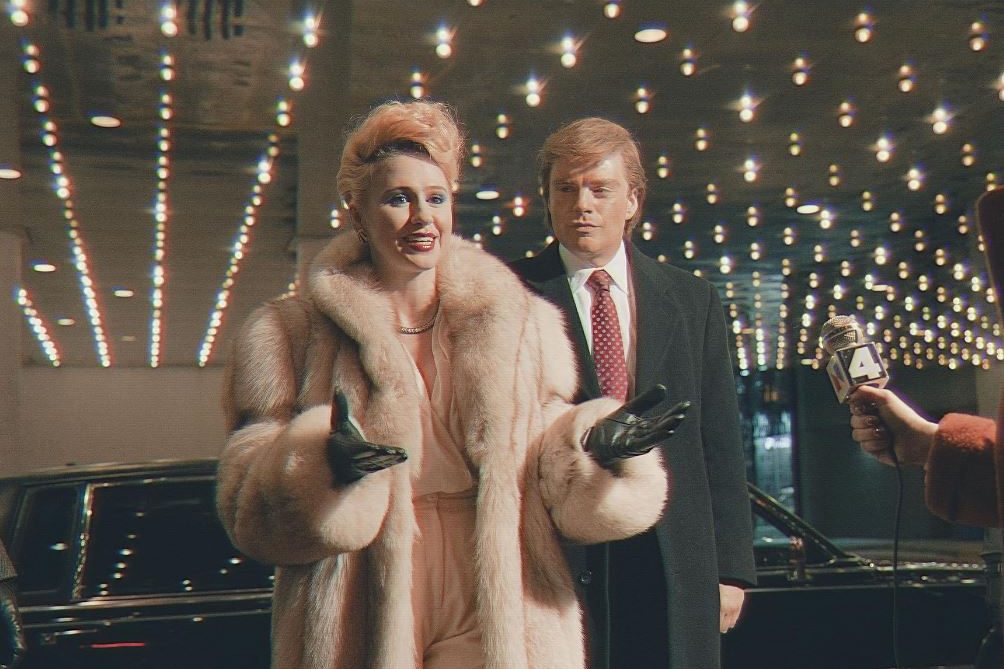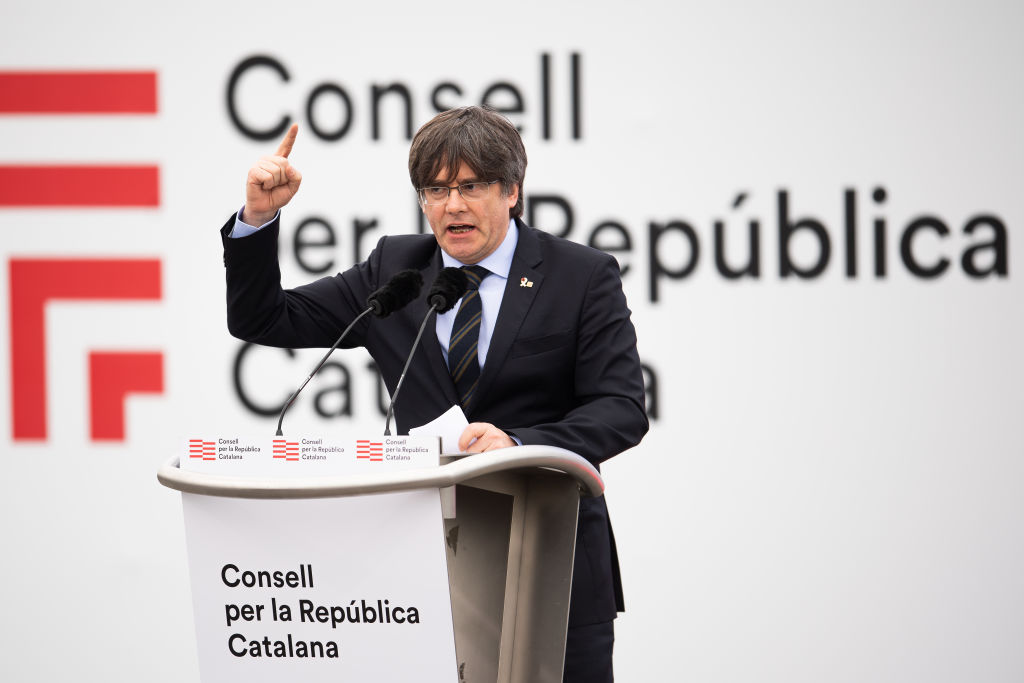At the end of George Orwell’s Animal Farm, Clover and her friends gaze through the farmhouse window at a terrible scene. Their leader Napoleon is hosting a delegation of humans from the neighboring farm. A strange thing is happening to the faces of the men and the pigs sat around the table:
‘Twelve voices were shouting in anger, and they were all alike. No question, now, what had happened to the pigs. The creatures outside looked from pig to man, and from man to pig, and from pig to man again: but already it was impossible to say which was which.’
There was a time when I ‘liked’ the Facebook pages of Vox, VICE, the Huffington Post, BuzzFeed, Mic, Upworthy, Mashable, Refinery29, Slate, Salon, NowThis, Thrillist, Gawker. Reading this content, watching it, experiencing it in real time as it was funneled into my newsfeed, I came to feel like Clover. Beyond the necessities of a publication’s house style, beyond the fact that as national news organizations they would have to cover the same stories, I began to lose the ability to tell the content of these companies apart. Whether it was VICE or Mashable or some other VC-backed media startup, the writing style, the ideological commitments, the nerdy, wearisome attention to minor fluctuations in popular culture: they were all the same.
Last week the remorseless scythe of a market in correction began to swing. BuzzFeed is cutting 250 jobs. Verizon is letting 800 people go, including the entire opinion section of HuffPost. Mic was effectively wiped out last November and Mashable burned up in 2017. VICE is struggling. Rather proving the point about pigs turning into men, BuzzFeed CEO Jonah Peretti has been floating the idea of a merger between BuzzFeed and its rivals like VICE and Vox. Would anybody be able to tell the difference?
These companies have not been able to generate the revenue they promised their investors because they have not been able to scale, or to cut their umbilical, traffic-driving cord with Facebook and Google. They haven’t been able to scale because the journalists they’ve hired are, frankly, not very good at their jobs. Take the HuffPost opinion section, featuring Pulitzer-worthy work like: ‘My Uterus Costs More Than A Porsche’; ‘2018 Was The Year American Women Embraced Their Inner Witch’; ‘Does God Listen To Cardi B’; ‘Every Fat Person, Healthy Or Not, Deserves Respect.’ As Truman Capote observed in another context: ‘That’s not writing, that’s typing.’
The digital ‘creative’ class gnashed and wailed as they were bereaved of their jobs. It would be easier to sympathize with them if they hadn’t spent the last 10 years consumed by a project to make the country an even dumber place than it already is (all those damn lists, all that agitprop). The ‘creatives’ that row the digital galleys genuinely believe that they’re special. They think they’ve been doing the world a favor, that they’ve used their ‘voices’ to start a ‘conversation’ about the ‘topics that really matter’. But they’ve confused their own colossal self-regard with independent thinking. They’ve confused their posturing with developing content that’s worth paying money for. Some of them – and I’m chuckling as I type these words – even think that they’re writers.
Writers! The truth is that if you work in digital media, at a place like HuffPost, you’re working on an assembly line, blue tick or not. A dunce or a genius can work on an assembly line, and whatever your intelligence, the product will be the same. Eyeballs, clicks, shares, attention, engagement and anger, always anger, all of it poisons the work, and in journalism the work is telling the truth.
A staggering number of people who work in digital media wouldn’t know what the truth was if it was poured over them like a bucket of fish heads. Covington was their Waterloo. Would they tell the truth about what happened, or would this dumbass junta parade their usual Maoist talking points? They went with the latter.
https://twitter.com/annehelen/status/1087140834946953216
That’s a tweet from the ‘Senior Culture Writer’ at BuzzFeed. From a culture writer you might expect a soapy humanism, a benign relativism, an embrace of kindly ambiguity and on-the-other-hand-ism. This is not the case: even at the truly top-flight publications, everybody under the age of 35 belongs in the pages of A Tale of Two Cities, doing a spot of knitting as the heads roll.
As the digital bubble begins to tremble and lose coherence, it is worth taking some stock of the achievements of these companies. Millions of dollars were poured into them, billions of words used to identify the ‘14 Giraffes That Look Like Disney Princesses’, Dennis Rodman was flown out to North Korea, multiple times. What do they have to show for it all? They have produced no Watergate; despite a huge effort against him on their part Trump was elected; they created nothing that lasted longer than a couple of days.
In a hundred years time they will exist as a footnote. It will mention them as companies that made Facebook and Google that little bit wealthier.

























